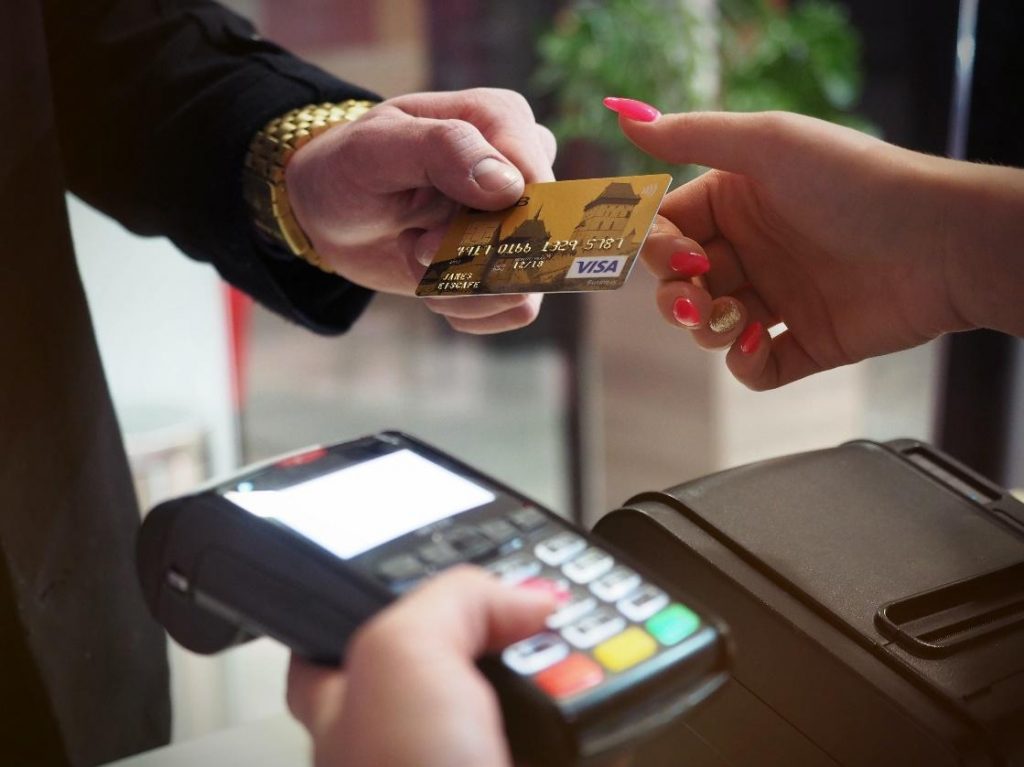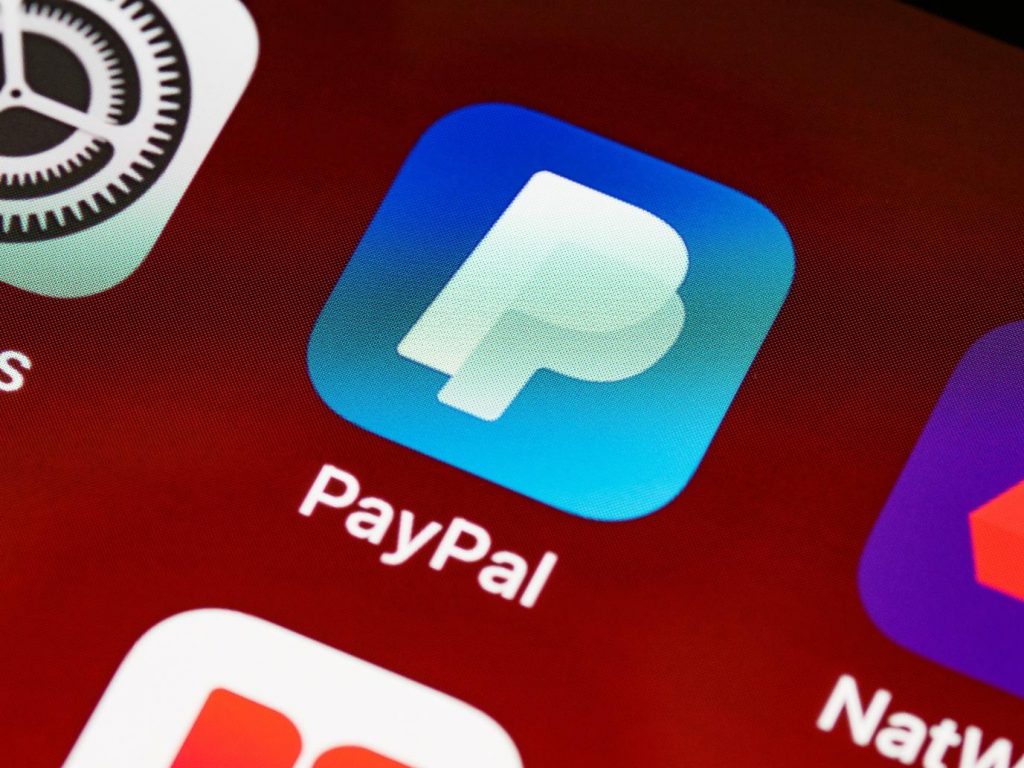This post will show you the pros and cons of cryptocurrency payment.
Cryptocurrency, or virtual currency exchange methods, has undergone rapid evolution in recent years. Originally designed to eliminate financial intermediaries through direct peer-to-peer transactions, many developing countries have begun adopting cryptocurrencies as a medium of exchange. Likewise, you can buy Bitcoin with a debit card.
Recent reports project that this market is primed to continue its revenue growth for several years. A recent report estimated the global cryptocurrency market size at $754.0 million in 2019, with projections of $1,758.0 million by 2027.
Consumer acceptance of digital currency is growing as cryptocurrency becomes increasingly integrated into everyday life. So, what are the positives and negatives of using Bitcoin, Ethereum, Litecoin, or any other cryptocurrencies out there?
READ ALSO: Most Secure Online Payment Services
Let’s begin with the pros and cons of cryptocurrency payments.
Table of Contents
Cryptocurrency Pros
1. Anonymity
If online privacy is important to you, then one of cryptocurrency’s main benefits is anonymity. Because purchases are never linked to personal identity, a user cannot be traced, just like cash.
This means there is no chance of identity theft, an increasingly vital element in online transactions. Each time a user purchases with a cryptocurrency, an anonymous address is generated for them.
This address will then change with every subsequent transaction. Of course, cryptocurrencies are not completely anonymous, but they offer a level of protection that is far greater than current traditional payment methods.
2. Transparency
To many, transparency is what distinguishes cryptocurrencies. All transactions using digital currency are stored on a public ledger, visible to everyone, using blockchain technology.
The information is decentralized, so it does not rely on just a single computer to work. Therefore, all transactions are instantly visible to everyone, allowing them to see that payments have been made.
Therefore, instead of using a traditional bank to transfer money, blockchain and cryptocurrencies can eliminate the need for intermediaries.
3. Speed
The cryptocurrency exchange is significantly faster than traditional banking methods for transactions, especially when transferring large sums of money. Whereas banks can often take several days to process purchases, the speed of digital currency eliminates the middleman, changing the speed at which we conduct business.
Many online gamers value the benefits of cryptocurrencies, although they are not yet widely accepted on many gaming platforms. However, you’ll notice that PayPal poker is readily available, highlighting the trust gap between cryptocurrencies and the most trusted payment methods.
READ ALSO: How To Choose The Ideal Cryptocurrency To Invest In
4. Accessibility
The ability to send and receive digital currencies on smartphones allows people without access to banks or credit cards to access their ‘money.’ This is particularly crucial in underdeveloped countries where infrastructure is lacking.
Allowing people to manage their finances on their phones means their ‘money’ is always available, wherever and whenever they want it. As long as there is internet access, purchasers can spend their money on whatever they like.
5. Low Fees
How many times have you been charged fees for transferring money by a bank or money lender? How about account maintenance, minimum balance fees, or any other fees they can consider?
Thanks to the peer-to-peer trade of cryptocurrencies, the need for financial institutions is removed. This streamlines and speeds up the entire transaction process, vastly reducing transaction costs regardless of the amount involved.
Wire transfers and foreign purchases typically involve fees and exchange costs, which can add to travel expenses. However, with no intermediary institutions or government involvement, transaction costs for cryptocurrencies are minimal.
READ ALSO: 5 Secure Online Payment Services to Consider
Cryptocurrency Cons
1. Currency Fluctuations
All currencies will naturally fluctuate as investors buy and sell them. However, the most valuable national currencies, such as the dollar and sterling, are backed by governments and bank vaults filled with gold.
Cryptocurrencies lack such security and are prone to wild market fluctuations that can wipe huge amounts off their value. These instabilities are also partly due to investors seeking to profit by speculating on the price.
Such huge spikes in value can make purchasing a product prohibitive. Until cryptocurrency is more widely accepted as a payment method rather than an investment, these fluctuations will likely continue.
2. Lack of widespread consumer appeal
Cryptocurrency remains primarily an investment for many people, and until it becomes more widely accepted, adoption will suffer. Since digital currency transactions are still in their infancy, many companies do not offer or accept it as a form of payment.
Traditional credit card and cash methods remain more popular, thanks to their more developed integration with online services.
READ ALSO: Tips On Investing In Cryptocurrency [MUST READ]
3. Speed
The biggest challenge cryptocurrencies face is the speed of transactions and network congestion. Bitcoin, the most well-known and widely used digital currency, can process only five transactions per second, compared to Visa’s 1,700 transactions per second.
Indeed, crypto payments surpass banks in terms of money transfers and large-scale purchases. However, it cannot compete with cash and cards when it comes to daily use, such as in a supermarket.
These slow transaction speeds and a lack of scalability mean cryptocurrencies are still unsuitable for everyday use.
4. Difficult to Understand
To many people, cryptocurrency is a complex topic that they struggle to understand. Additionally, several cryptocurrency options are available, making the choice even more complex.
A lack of understanding inevitably leads to a lack of trust, and ultimately, a reluctance to use digital currency despite its numerous benefits.
5. Security
As with any currency, fraud and theft are serious concerns, especially in online transactions. With digital currency currently experiencing a boom in its valuation, the incentive for criminals has increased.
Traditional methods, such as credit card payments, give customers added consumer protection against fraud and theft. Any time, any losses incurred with digital will berries are gone forever.
Cryptocurrency Payment Pros And Cons: Frequently Asked Questions
Is cryptocurrency a good form of payment?
It depends on your business, risk tolerance, and target audience. Cryptocurrency payments can be an attractive option for businesses that are comfortable with some volatility and looking to expand their customer reach. However, traditional payment methods might be better suited for businesses that prioritize stability and cater to a less familiar customer base with cryptocurrency.
Which crypto is most accepted as payment?
Bitcoin (BTC) is the most widely recognized cryptocurrency and is often the first choice for payment processing. However, other established cryptocurrencies, such as Ethereum (ETH), are also gaining acceptance.
READ ALSO: Things To Look Out For When Making Payments Online
Are there any tax implications for accepting cryptocurrency payments?
There can be tax implications for businesses and individuals receiving cryptocurrency payments. Tax regulations surrounding cryptocurrency vary by country, so consulting a tax professional familiar with the subject is recommended. Generally, cryptocurrency payments are treated as property for tax purposes, meaning you might owe capital gains taxes on any appreciation in value when you sell or convert the crypto to fiat currency.
How can I start accepting cryptocurrency payments?
Several cryptocurrency payment processing services can integrate with your existing business systems. These services handle the complexities of crypto transactions, convert crypto to fiat if needed, and often provide tools for managing price volatility. Popular options include:
- Coinbase Commerce
- BitPay
- Stripe (accepts certain stablecoins)
What about the environmental impact of cryptocurrency mining?
The energy consumption associated with mining some cryptocurrencies has raised environmental concerns. However, ongoing efforts are underway to develop more energy-efficient mining practices and alternative consensus mechanisms (methods for verifying transactions) that consume less energy.
READ ALSO: Cryptocurrency Demystified: Your Essential Guide to Digital Money
Will cryptocurrency eventually replace traditional forms of payment?
It’s difficult to predict the future. Cryptocurrency offers advantages like speed, security, and borderless transactions. However, challenges such as price volatility and regulatory uncertainty persist. Cryptocurrency might become more widely adopted in the future, but it’s likely to coexist with traditional payment methods for some time.
READ ALSO: A Beginner Guide To Cryptocurrency Investment
The Future Of Cryptocurrency
Those are the pros and cons of using cryptocurrency for payments. Inevitably, there are drawbacks to any technology in its infancy, and these are to be expected.
However, as more financial institutions adopt it and companies start to accept payments, digital currencies such as Bitcoin are here to stay.
The world of cryptocurrency payments is evolving rapidly. Staying informed about the latest developments, security best practices, and regulatory changes will be crucial for businesses considering crypto.
INTERESTING READS
- How To Get Money Back From A Scammer On Western Union
- Pros And Cons Of Open Source CMS
- P2Gamer Review: A Legit Platform For Online Gamers
- Online Loan Vs In-Person Loan: What’s The Most Secure?
- How To Get Started On Forex Trading
- Why Is Identity Theft A Big Concern For Businesses?
- Mobile Payment Security Concerns – Four Big Things To Consider
About the Author:
Meet Angela Daniel, an esteemed cybersecurity expert and the Associate Editor at SecureBlitz. With a profound understanding of the digital security landscape, Angela is dedicated to sharing her wealth of knowledge with readers. Her insightful articles delve into the intricacies of cybersecurity, offering a beacon of understanding in the ever-evolving realm of online safety.
Angela's expertise is grounded in a passion for staying at the forefront of emerging threats and protective measures. Her commitment to empowering individuals and organizations with the tools and insights to safeguard their digital presence is unwavering.










